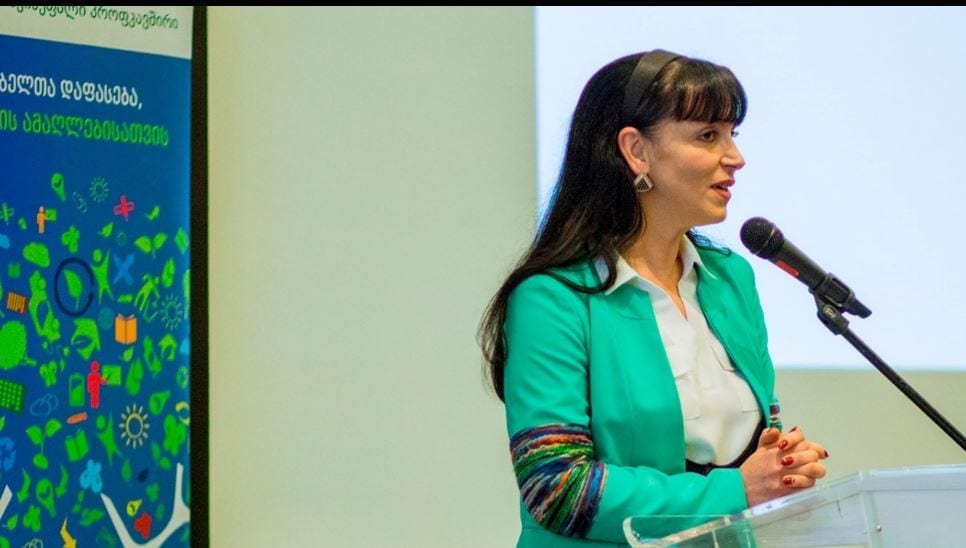
Apr 10, 2017
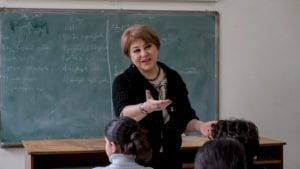
Tamar Barisashvili, Georgian language teacher and ESFTUG member, in the classroom. Credit: Lela Mepharishvili
In a precedent-setting move, the union representing teachers in Georgia signed a pact with the education ministry last month, signaling the new government’s willingness to partner with teachers—although unions in other sectors, including the railways and postal sector remain under attack. Unions in Georgia have struggled for their right to organize for more than a decade now, including under former president Mikheil Saakashvili.
“The decision of the Minister of Education and Science to sign the sectoral agreement shows clearly how democratic processes are developing and the democratic management in the education sector is being established,” said the president of the ESFTUG education union, Maia Kobakhidze, representing teachers.
Committing the ministry to work in partnership with the ESFTUG, the agreement sets a path for cooperation on laws and regulations affecting teachers, collective agreements with the union regarding teachers’ compensation, work conditions and benefits, as well as any new education initiatives.
The agreement reverses more than a decade of an anti-union campaign by the former administration, as a result of which the country’s labor federation, GTUC, lost more than 100,000 members, and the teachers’ union came close to collapse.
In recognition of the significance of the agreement, the signing ceremony in Tblisi on March 16, 2017, by ESFTUG’s Kobakhidze and Education Minister Aleksandre Jejelava was widely covered by media, and gathered together 300 guests. Attendees included representatives of the teachers, ministry officials, members of the diplomatic corps, including the U.S. Embassy, the International Labor Organization (ILO), the global union federation Education International (EI) and several nongovernmental organizations.
Jejelava thanked ESFTUG during his speech for giving his ministry the opportunity to work with the union to create better conditions for teachers and defend their rights, so they may better serve Georgia’s children.
The Solidarity Center has partnered with Georgian trade unions for almost two decades, providing programs that support legislative research and training in defense of worker and union rights, promote activities designed to increase union integration and coordination, help unions represent their members and reach out to unorganized workers, and educate workers about principles of democratic trade unionism.
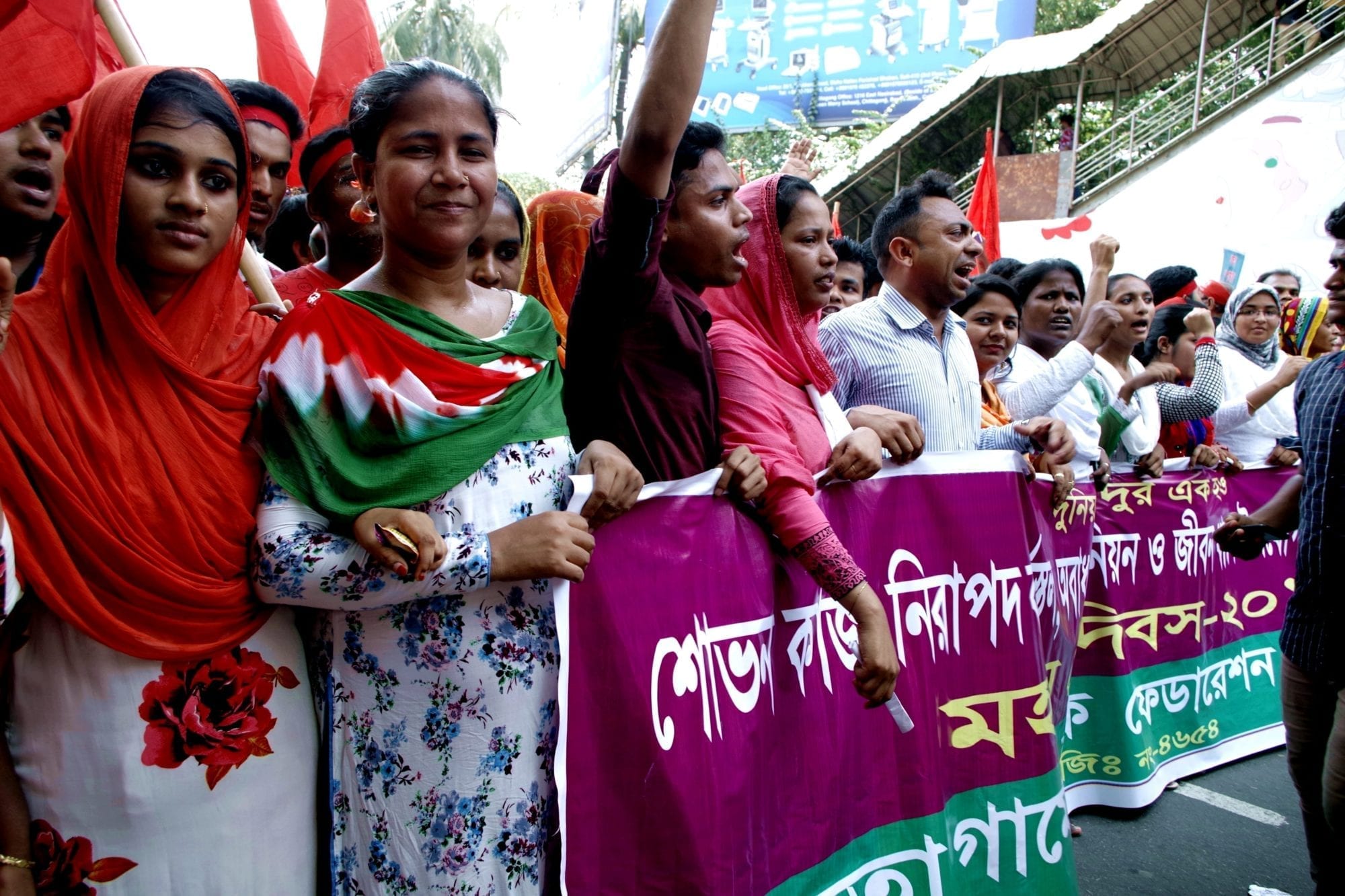
Jan 6, 2017
In mid-December, a strike in Ashulia, an industrial suburb of Bangladesh’s capital, Dhaka, and a ready-made garment sector hub, quickly snowballed into widespread unrest. Garment workers abandoned their factories to call for a living wage in response to ever-rising costs. Mass arrests and firings ensued.
The minimum wage for a Bangladeshi garment worker is $68 a month, an amount last fixed in 2013. When they took to the streets in December, workers were demanding the minimum be increased to $191 a month. Dhaka is the 71st costliest city in the world, in line with Montreal, Canada.
The strike started in Windy Apparels and rapidly spread to other units resulting in 60 factories suspending operations. On December 20, the Bangladesh Garment Manufacturers and Exporters Association (BGMEA) ordered owners to reopen factories and resume operations after a five-day break. However, upon their return, more than 1,600 workers were notified that they had been laid off due to their alleged involvement in the unrest. Labor leaders and activists collectively demanded the reinstatement of all workers but received no response.
Windy Apparels is the same factory that denied a worker sick leave in October despite a very serious illness. She collapsed on the factory floor and died upon reaching the hospital. Her body was left at the factory gate for her husband to retrieve.
Since the factories reopened, union leaders and worker rights advocates have been detained or arrested on charges related to their alleged involvement in the strike. Union activists from different federations and from different areas of Dhaka—and unrelated to the Ashulia unrest—also have been swept up by police. Many have been charged under the Special Powers Act, 1974, which provides police with sweeping power to detain individuals. The act has been used to suppress political opposition and peaceful demonstrations, as well as to retaliate against individuals engaged in personal disputes with people in positions of authority.
Journalists and nongovernmental organizations that focus on worker rights are also being targeted and intimidated by security services. Ekushey Television Journalist Nazmul Huda, was arrested on December 23 and held in police custody for two days−during which time he was allegedly tortured−on charges of inaccurate reporting on the strike.
Last week, police arrived at a community center operated by the Bangladesh Center for Workers Solidarity, an ally of the Solidarity Center, and ordered its closure.
As a result of this and the arrests of union leaders who had no role in the unrest, a chilling effect has taken hold with some other union federations closing offices even though they have not been ordered to.
International worker rights organizations, including the Solidarity Center, are monitoring the situation, and the Solidarity Center continues to track the registration of garment-sector unions in the country.
Donate now!
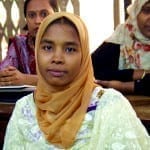
Your tax-deductible contribution to the Bangladesh Worker Rights Defense Fund will support Bangladesh garment organizers and worker-activists as they help workers who toil in unsafe factories for unfair—or unpaid—wages and who, without a union, cannot exercise their rights.
Activities your donation may support include:
• Medical care following an attack
• Safe spaces for organizers and their families who must go into hiding
• Legal assistance
• Transportation
• Awareness-raising activities regarding attacks on worker rights
• Replacement of belongings stolen during assaults
Your receipt for supporting Bangladesh organizers and activists will indicate The Solidarity Center Education Fund. The Fund is a tax-exempt charitable organization under section 501(c)(3) of the Internal Revenue Code. Your contribution is tax deductible to the extent allowed by governing laws. In addition, pursuant to the Internal Revenue Code requirement stated in Internal Revenue Service publication 1771, no goods or services were provided in return for this contribution.
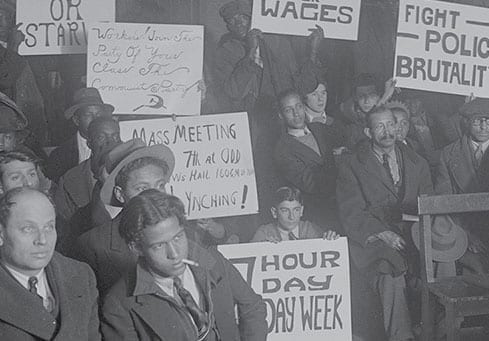
Dec 19, 2016
Members of labor unions and other nongovernmental organizations (NGOs) are invited to contribute to a United Nations report on civil society’s successes over the past decade. The report’s goal is to serve as a reminder of the importance of peace, security, prosperity, social progress and human rights to society.
For his final report to the UN Human Rights Council, Maina Kiai, the Special Rapporteur on the rights to freedom of peaceful assembly and of association, is seeking input describing specific, real-world examples of civil society achievements and successes over the past decade, the context in which these achievements occurred and the impact of these successes or achievements on society at large (at the local, national, and international level). The examples may be included in the report.
More information and a questionnaire–in English, Spanish and French–to facilitate your submission are available here.
Although it is well known that space for civil society globally has shrunk dramatically over the past 10 years, this report will highlight the less publicized but significant achievements civil society has made, despite working against all odds.
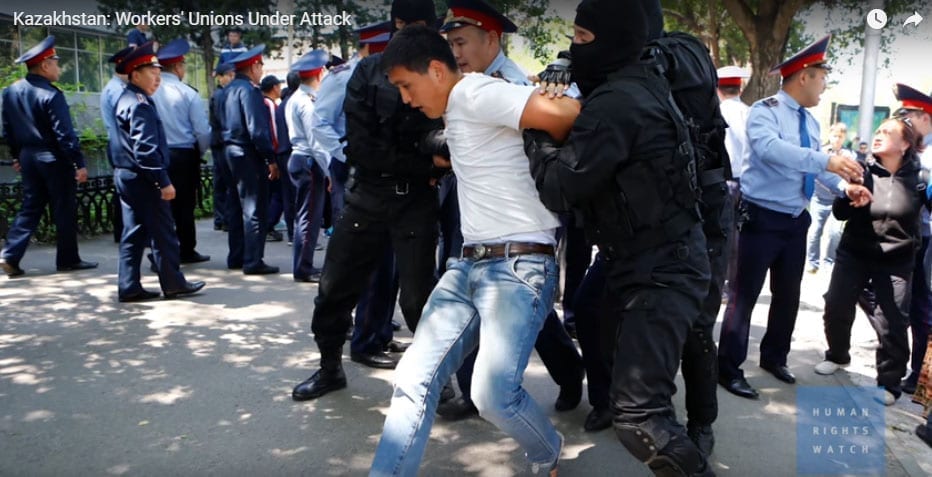
Dec 16, 2016
Union leaders tell the Solidarity Center that the Kazakhstan government has launched a campaign to intimidate union members and to malign and discredit the Confederation of Independent Trade Unions (CFTUK). In addition, the regime has initiated legal action to liquidate the confederation, while leaving intact a government-aligned federation.
Yet even in the face of threats and danger, union leaders and workers say they vow to hold protests if the CFTUK is dissolved.
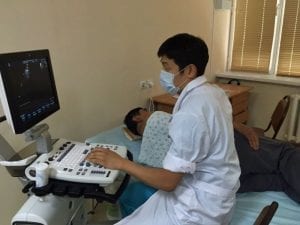
The Kazakhstan government is seeking to dissolve unions of health care workers and others. Credit: Kazinform
The Kazakhstan Ministry of Justice brought a legal challenge before the country’s Economic Court calling for revocation of CNTUK’s registration and its affiliated unions representing health and domestic workers—essentially making union activity illegal.
In a letter, the International Trade Union Confederation (ITUC) denounced the government’s failure to guarantee the right to freedom of association and called on it to withdraw the request before the Economic Court.
A new report also shows Kazakhstan’s new trade union law, adopted after strikes in 2011, has made it more difficult to organize independent unions in the country. “Changes to the labor and criminal codes have contributed to an environment hostile to worker activism,” according to Human Rights Watch, which released the report.
“‘We Are Not The Enemy’: Violations of Workers’ Rights in Kazakhstan” is based on interviews with more than 50 trade union leaders, labor activists and workers across Kazakhstan, and describes harassment, surveillance and, in some cases, spurious legal prosecution or dismissals in apparent retaliation for labor activism.
The International Labor Organization has examined the government’s failure to guarantee the right to freedom of association and in 2015 and again this year urged it to amend laws regarding union registration. The government has not acted on these recommendations.
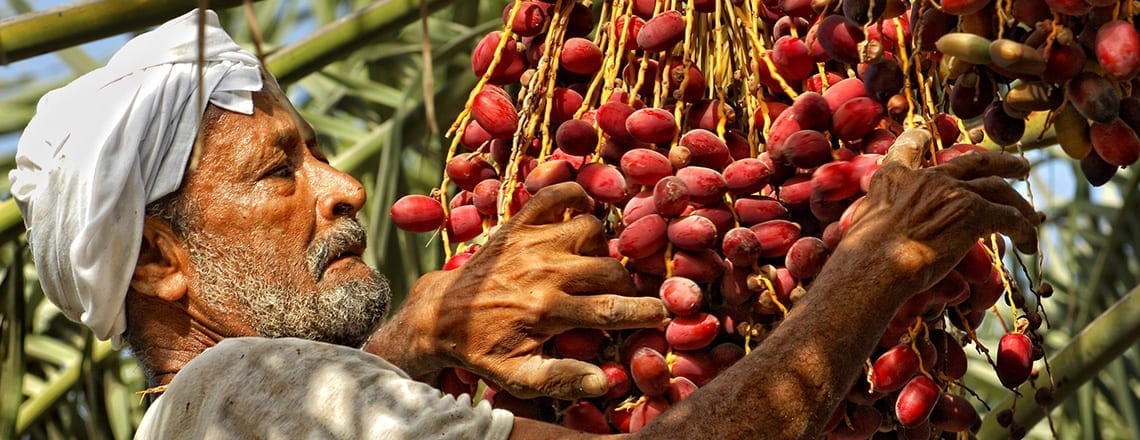
May 23, 2016
Update: The survey is now available in Spanish and French.
La encuesta está disponible en francés y español.
L’enquête est disponible en français et espagnol.
The United Nations Special Rapporteur is partnering with the Solidarity Center to research a report on the links between the political, social, and economic exclusion of workers, their associations and trade unions. The following article from the UN Special Rapporteur website describes how you can participate.
The globalization of the world economy in the past half-century has contributed to a dramatic rise in the power of large multinational corporations and has concentrated wealth in fewer hands. State power to regulate these business entities, meanwhile, has been simultaneously eroded and co-opted by elite economic actors themselves.
Unconstrained power – whether public or private in origin – is now, more than ever, a critical threat to the protection of human rights. This power shift has created a challenging environment for the enforcement of human rights, as Special Rapporteur Maina Kiai has documented in his two most recent reports on natural resource exploitation and the imbalance between how States treat businesses and civil society.
For his next report to the UN General Assembly (October 2016), the Special Rapporteur plans to explore a new dimension of this power shift: its effect on the rights to freedom of peaceful assembly and of association of workers – specifically the most marginalized portions of the world’s labor force, such as global supply chain workers, informal workers, migrant workers and domestic workers. He will also examine the racial dimensions of the issue.
The Special Rapporteur is particularly interested in the links between the political, social, and economic exclusion of workers, their associations and trade unions, as expressed in:
- The limitation and/or criminalization of assembly and association rights in law and in practice (and acquiescence of the State when these rights are breached by state or private actors);
- The exclusion of workers in the informal economy from legal frameworks recognizing assembly and association rights;
- The strategy to informalize more work for the purpose of limiting or excluding workers from exercising their assembly and association rights;
- The lack of effective global governance of migration, which has led to the exploitation of migrant workers
The Special Rapporteur will also explore the interplay between the lack of assembly and association rights for workers and the health of these rights within a society as a whole.
What’s your opinion and experience?
The Special Rapporteur convened an expert consultation to discuss this subject in May 2016. But he would also like to hear your views. He is particularly interested in specific, real-world examples of how the assembly and association rights of workers are being both eroded and bolstered. These examples may be included in the report.
How to submit information for the report
For more details on the report, please see our concept note. For specific questions that the Special Rapporteur is looking to answer, please see the following questionnaires. Note that each file has three separate questionnaires: One for UN member states, one for businesses and one for civil society/unions/workers. Please answer only the questionnaire that corresponds to your position:
Questionnaires in English
Questionnaires in Spanish (coming soon)
Questionnaires in French (coming soon)
In responding to the questionnaire, please be sure to provide as much detail as possible and to specify which countries you are referring to.
Completed questionnaires should be e-mailed to [email protected]. We will be accepting submissions until June 30, 2016. You may submit your responses in English, French or Spanish.
The Solidarity Center will assist with researching the report. Responses to the questionnaires will be shared with select Solidarity Center staff prior to the publication of the report.








